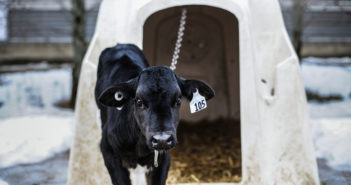
Harold and the Veal Producers
A fictionalized story follows an elaborate heist of 20 calves from a veal farm.

A fictionalized story follows an elaborate heist of 20 calves from a veal farm.
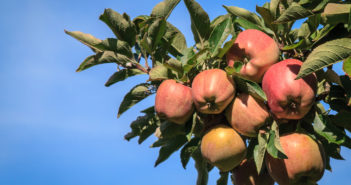
The co-founder of Sadhana Forest discusses the logistics of their food forest development programs and the benefits of plant-based food systems for people, animals wild and domestic, and the environment.
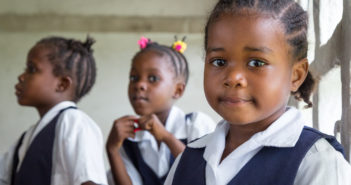
The founder of Liberia Animal Welfare & Conservation Society discusses current issues facing animal in Liberia, LAWCS’ programs, and the benefits of humane education.
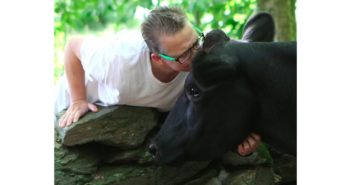
We discuss the importance of grounding activism in real relationships with animals, the relationship between feminism and animal liberation, cockfighting rooster rehabilitation, and her advice for advocates who find their compassion for humans waning.
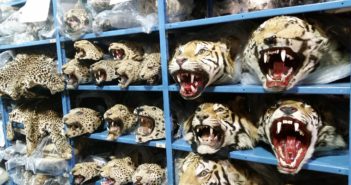
The head of policy for Born Free Foundation discusses how wildlife crime harms humans, nonhuman animals, and ecosystems alike.
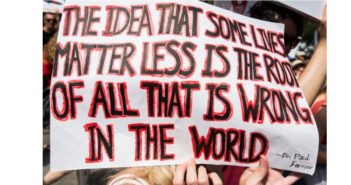
There are changes happening in the veganism and animal liberation movements. Mainstream veganism, which is largely food-focused and apolitical, just isn’t cutting it, and its inattention to other forms of oppression besides speciesism is a big problem.
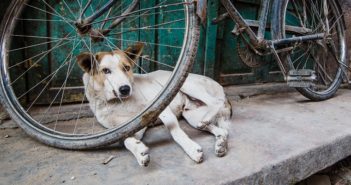
Dr. Chinny Krishna discusses the impact of free-roaming dogs on human communities and the effectiveness of TNVR (Trap, Neuter, Vaccinate, Return) as compared to lethal culling.
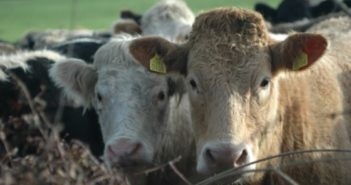
It’s a dream scenario: livestock farmers give it all up, retire their cows to sanctuary and transition to crop farming. But what is that change like for farmers, and what’s next?
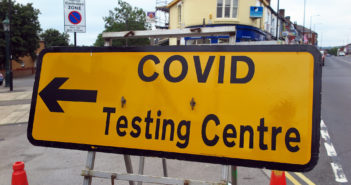
Dr. Jim Desmond weighs in on timely topics such as the connection between animal welfare and the COVID-19 pandemic, the role of the wildlife trade in zoonotic disease transmission, and how governments can act to prevent future pandemics.
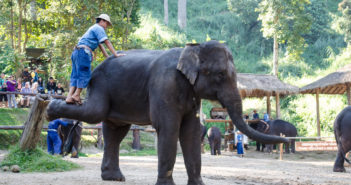
The pandemic has revealed the truth about Thailand’s unsustainable and exploitative elephant tourism sector — and a chance to rethink the relationship between humans and elephants.
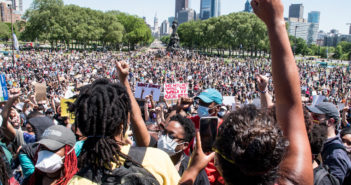
“Statements of solidarity are certainly needed, but where change actually happens is when racial equity work becomes integrated into our movement, our workplaces, and society.”
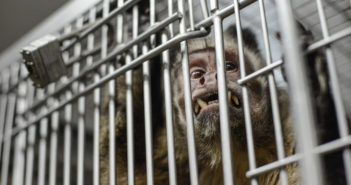
In an interview with Dr. Cheng, we discussed her “awakening” during her PhD program, whether change from within the scientific community is possible, and the important work she’s been doing since walking away from animal experiments.